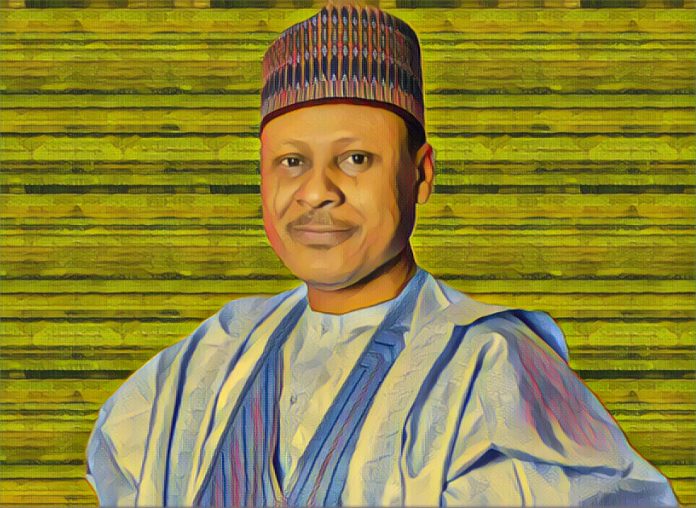Key Points
-
Fuel subsidy removal freed resources for national development.
-
Government promises fiscal savings will fund key infrastructure.
-
Nigerians feel hardship, but officials push long-term gains.
According to the Nigerian government, the elimination of fuel subsidies has freed up funds for important initiatives, enabling more money to go toward infrastructure, healthcare, and education.
Mohammed Idris, Minister of Information and National Orientation, contended that the contentious policy, which President Bola Tinubu instituted in May 2023, has given the government a chance to reallocate public funds to initiatives that support sustained growth.
The elimination of fuel subsidies created new opportunities
According to a report by Vanguard news, Idris claimed that for decades, subsidy payments had depleted government funds and fueled corruption and inefficiency. According to the minister, the change has reduced leaks and released billions of naira that were previously used for fuel subsidies; these funds are now being used for productive purposes.
The government is working to mitigate the effects with targeted interventions like cash transfers, wage adjustments, and mass transit initiatives, he said, acknowledging that Nigerians have already felt the immediate impact of rising transportation and food costs.
The minister cited the administration’s plans for power infrastructure, healthcare, and education as preliminary indications of the reallocation. He highlighted ongoing projects in energy corridors, road networks, and youth employment programs, saying, “What was previously consumed by subsidy payments is being plowed back into critical areas of national development.”
Reform is viewed as the cornerstone of fiscal stability
There is still disagreement among economists regarding the rate of benefits. While the long-term financial benefits are obvious, some contend that the lack of strong safety nets runs the risk of making inequality worse. Others contend that in order for Nigeria to rebalance its budget and lessen its dependency on debt, the elimination of subsidies was unavoidable.
According to the Tinubu administration, the policy is a component of larger reforms meant to stabilize the biggest economy in Africa. Officials maintain that eliminating subsidies will boost investor confidence and open up growth opportunities in addition to new tax policies and exchange-rate unification.
Nigerians should see the hardship as a necessary transition, Idris urged. Subsidies that take up such a significant portion of income are unsustainable in any serious economy. “It was either fiscal collapse or reform,” he stated.
Despite the challenges, the government is betting that redirecting funds into development projects will yield dividends over time. One of Nigeria’s most contentious economic discussions at the moment is whether eliminating subsidies has wide-ranging advantages.



